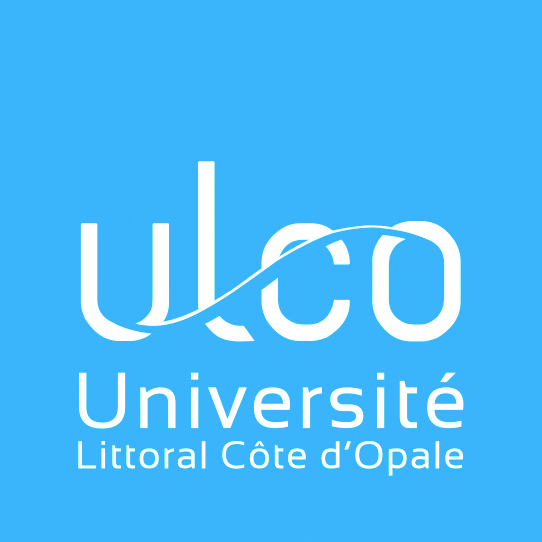From 3 to 7 March 2025, the University of Pardubice hosted the BIP Erasmus+ ECOSYSTEMS 2025, bringing together students from Croatia, France, Slovakia and Germany to explore innovation ecosystems, circular economy and sustainability.
Key Takeaways from ECOSYSTEMS 2025
✅ What are innovation ecosystems, and how do they function?
✅ How do circular and regenerative economies shape future innovation?
✅ Who are the key stakeholders, and what roles do they play?
✅ How can policymakers support green transitions and sustainable business models?
✅ What are the latest innovative solutions to sustainability challenges?
The program empowered students with international collaboration, hands-on learning, and real-world applications, shaping future leaders in sustainable innovation. There was also an entertainment programme for the students - kapmus game, pub quiz, treasure hunt and trip to Prague.
We would like to extend our thanks to our BIP partners Université du Littoral Côte d'Opale and University of Dubrovnik and we look forward to further cooperation.
| Files for download | Size |
|---|---|
| BIP Ecosystems - pdf | 1.56 MB |
| Files for download | Size |
|---|---|
| ECOSYSTEMS annotation - pdf | 2.97 MB |
| ECOSYSTEMS Timetable - pdf | 240 kB |
| ECOSYSTEMS Booklet - pdf | 2.45 MB |





